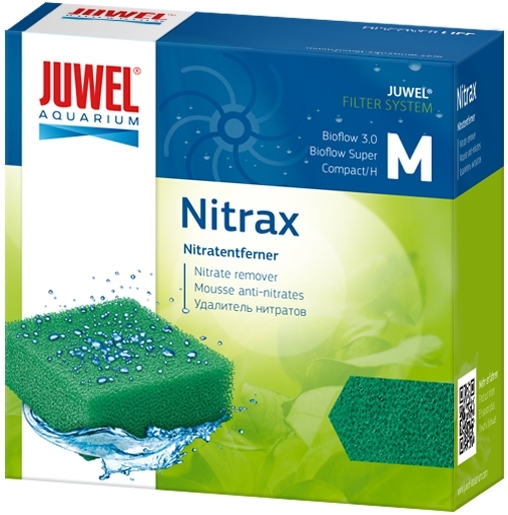Tttay89
Fish Fanatic
- Joined
- Aug 5, 2019
- Messages
- 153
- Reaction score
- 19
My source tap water is 20ppm Nitrate.
I water change weekly around 40% or more, feed once smal daily. By the time it comes to a water change my Nitrate is always sitting at around 35ppm.
I also use 1/4 RO in an attempt to lower it slightly but don't want to use any more as I have hard water fish. I however have a bristlenose pleco also.
I have seen some sponge media by Juwel called Nitrax Nitrate remover I was thinking of adding some to the filter.
1) Any reviews on this product or similar
2) Would this stop any algea at all forming hence the natural food source for the pleco?. Granted I do not get a lot of visable algea just enough for them to suck on ornaments and glass every now and then perhaps.
I do feed him algea wafers and stuff but I wouldn't wish to cut off this algea supply completely if the sponge would do this?
I water change weekly around 40% or more, feed once smal daily. By the time it comes to a water change my Nitrate is always sitting at around 35ppm.
I also use 1/4 RO in an attempt to lower it slightly but don't want to use any more as I have hard water fish. I however have a bristlenose pleco also.
I have seen some sponge media by Juwel called Nitrax Nitrate remover I was thinking of adding some to the filter.
1) Any reviews on this product or similar
2) Would this stop any algea at all forming hence the natural food source for the pleco?. Granted I do not get a lot of visable algea just enough for them to suck on ornaments and glass every now and then perhaps.
I do feed him algea wafers and stuff but I wouldn't wish to cut off this algea supply completely if the sponge would do this?


